How to Achieve Maximum Driveway Durability: Tips & Materials
When it comes to your home, your driveway is one of the first things people notice. Beyond aesthetics, a durable driveway protects your vehicles, enhances your property’s value, and saves you money in the long run. But achieving maximum driveway durability isn’t just about pouring concrete or laying asphalt; it’s about understanding materials, preparation, and maintenance.
In this blog, we’ll explore the essential tips and materials that make a driveway last for decades — and how you can keep yours in top shape year after year.
1. Understanding Driveway Durability
Driveway durability refers to how well your surface withstands daily wear and tear, weather, and heavy loads. Cracks, potholes, and uneven patches are not just cosmetic issues — they signal deeper structural problems that can shorten the lifespan of your driveway.
The key factors that affect driveway durability include:
- Material choice – Each type of driveway material has its own strengths and weaknesses.
- Sub-base quality – A strong foundation prevents sinking, cracking, and erosion.
- Drainage – Proper water management keeps your surface stable and prevents potholes.
- Maintenance – Regular upkeep keeps minor issues from turning into costly repairs.
Understanding these elements is the foundation of a long-lasting driveway.
2. Choosing the Right Materials
Choosing the right material is the first and most important step in building a durable driveway. Here are the most popular options:
Asphalt Driveways
Asphalt is flexible, cost-effective, and relatively quick to install. It performs well in cold climates since it can expand and contract without cracking easily. However, asphalt does require regular sealcoating every 3–5 years to maintain strength and colour.
Concrete Driveways
Concrete is known for its strength and longevity. When installed properly with reinforced mesh or rebar, it can last 30+ years with minimal maintenance. It’s less flexible than asphalt, so proper installation and control joints are crucial to prevent cracking.
Gravel Driveways
Gravel driveways are budget-friendly and allow excellent water drainage. However, they need periodic leveling and replenishing, especially in high-traffic areas. They’re ideal for rural or larger properties.
Block Pavers or Brick Driveways
Interlocking pavers are both stylish and durable. One advantage is that if a section gets damaged, individual blocks can be replaced easily. Proper installation with a compacted sub-base ensures the surface stays even and resists shifting.
3. Sub-Base Preparation: The Hidden Key to Longevity
The secret to any long-lasting driveway lies beneath the surface — the sub-base. A weak or poorly prepared base leads to sinking, cracks, and water pooling over time.
Steps for a strong sub-base:
- Excavate properly – Remove topsoil, roots, and organic material that could shift or decay.
- Compact the soil – Use a mechanical compactor to ensure stability.
- Add a gravel base – A 4–8 inch layer of crushed stone or MOT Type 1 creates a solid foundation.
- Level and check gradients – Ensure even thickness and proper slope for drainage.
The sub-base acts as the backbone of your driveway, distributing the weight evenly and preventing long-term damage.
4. Drainage: Protecting Your Driveway from Water Damage
Water is the number one enemy of driveway durability. Without proper drainage, rainwater seeps through the surface, weakens the base, and leads to potholes and erosion.
Drainage tips for a long-lasting driveway:
- Ensure the driveway slopes slightly away from buildings.
- Install drainage channels or soakaways in low spots.
- Use permeable materials like gravel or permeable block paving to allow natural water flow.
If you notice standing water after rainfall, act quickly — it’s a warning sign that your drainage needs improvement.
5. Maintenance: The Secret to Decades of Durability
Even the toughest driveways need regular maintenance to stay at their best. Small actions over time can dramatically extend lifespan.
Maintenance checklist:
- Seal and reseal: Apply sealant on asphalt every 3–5 years, or on concrete every 4–6 years, to protect against moisture and UV rays.
- Clean regularly: Sweep away debris, moss, and oil spills to prevent surface damage.
- Fix small cracks early: Fill cracks and potholes before they expand.
- Avoid heavy loads: Large trucks or machinery can stress the surface and foundation.
- Resurface when needed: If your surface becomes rough or faded, consider a professional resurfacing to restore strength and appearance.
Professional inspections every few years can identify hidden problems early, saving you thousands in future repairs.
6. Bonus Tips for Long-Term Driveway Performance
Here are a few extra expert tips to make sure your driveway lasts decades:
- Use quality materials: Don’t cut corners with cheap mixes or weak aggregates.
- Mind the weather: Choose materials suitable for your local climate conditions.
- Edge protection: Use concrete edging or kerbs to prevent crumbling at the sides.
- Professional installation: Always hire experienced surfacing specialists to ensure proper compaction and finish.
A well-installed and well-maintained driveway is an investment that pays off in both appearance and longevity.
7. When to Call the Experts
If your driveway shows visible cracks, dips, or pooling water, it may be time to call in professionals. Surface deterioration can often be fixed with resurfacing, patch repair, or drainage upgrades — but quick action is crucial before the damage spreads.
At Total Surfacing Solutions, our experts provide professional driveway surfacing, repairs, and maintenance using high-quality materials and proven techniques to ensure durability and value.
📞 Need help maintaining or resurfacing your driveway?
Get in touch with our team today through our Contact Page for a free consultation and quote.
Conclusion
A durable driveway doesn’t happen by accident — it’s the result of smart planning, the right materials, and consistent care. By focusing on a strong sub-base, good drainage, and proactive maintenance, you can enjoy a driveway that looks great and performs flawlessly for decades.
Whether you’re building a new driveway or restoring an old one, make durability your top priority. With expert installation and the right upkeep, your driveway can remain smooth, strong, and stylish for years to come.

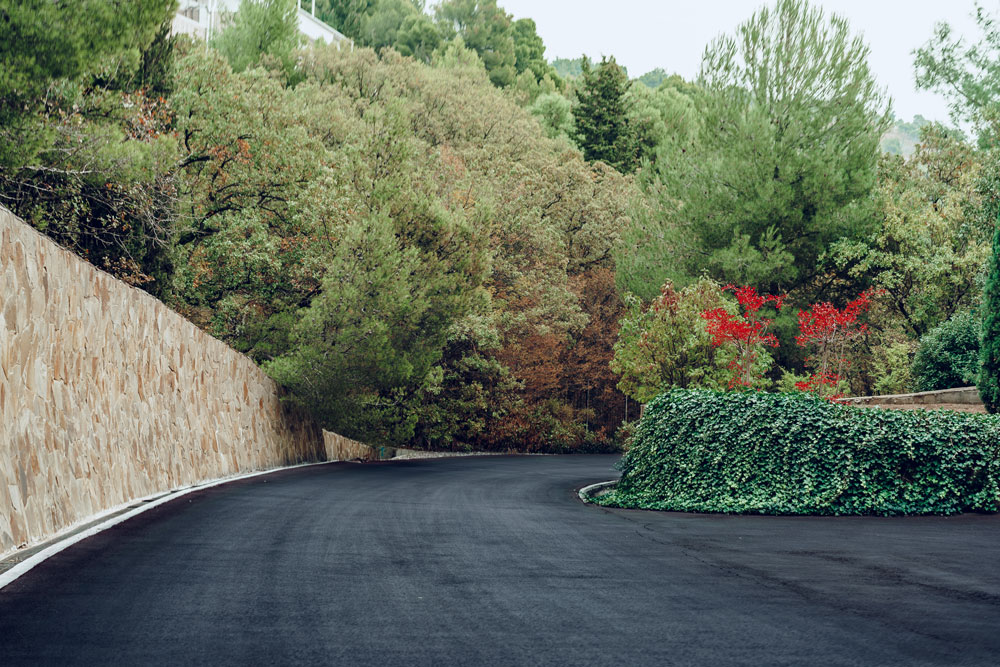
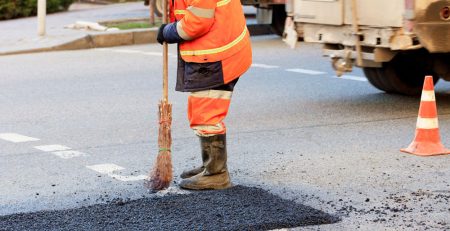

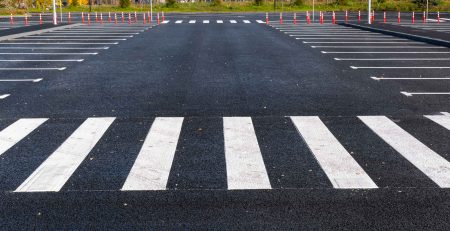
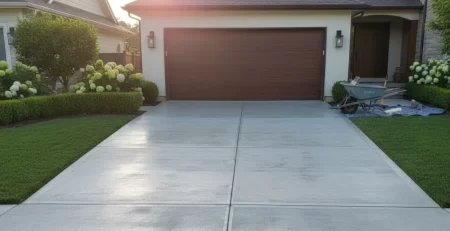
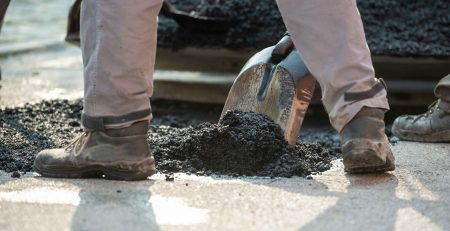
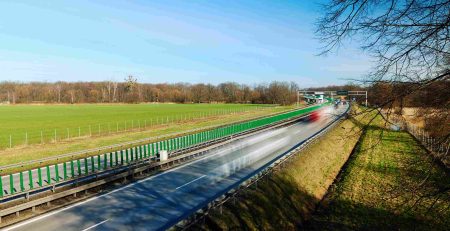
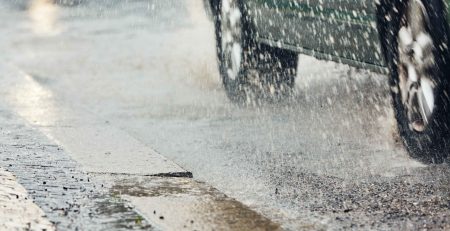

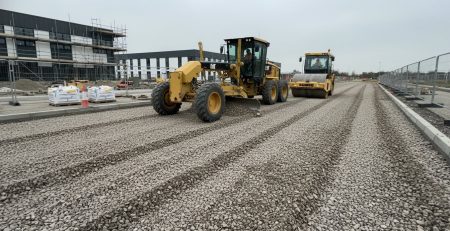
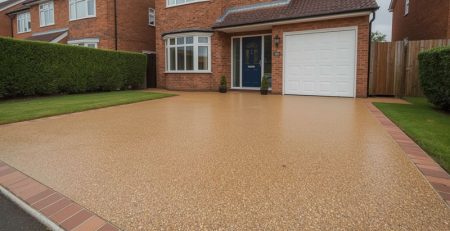
Leave a Reply